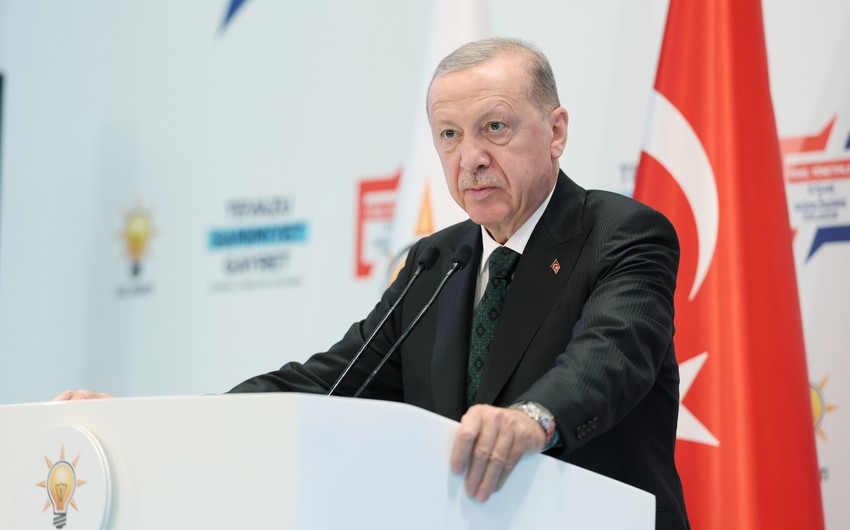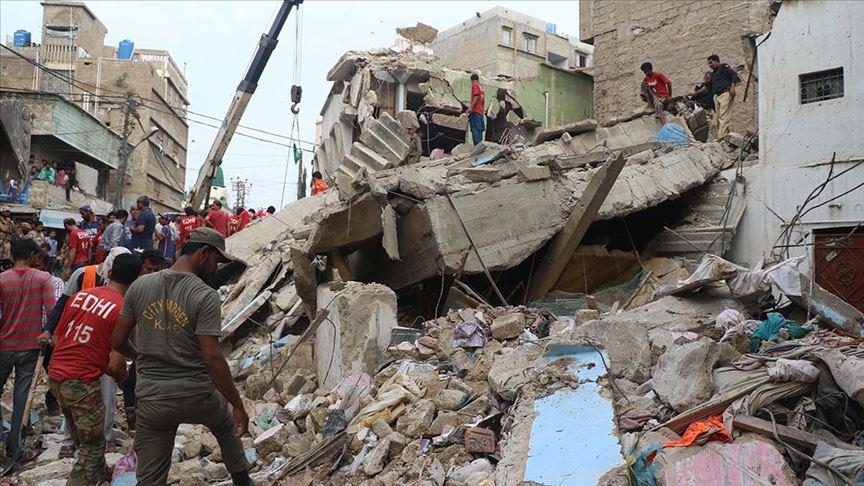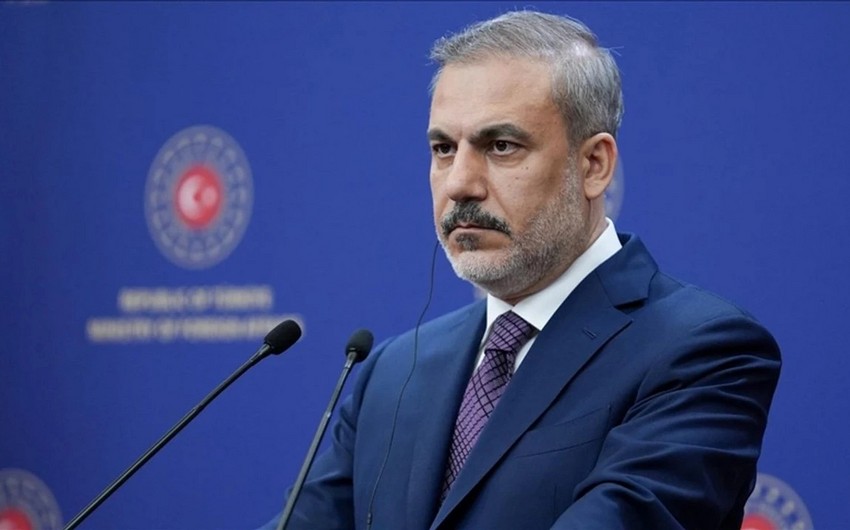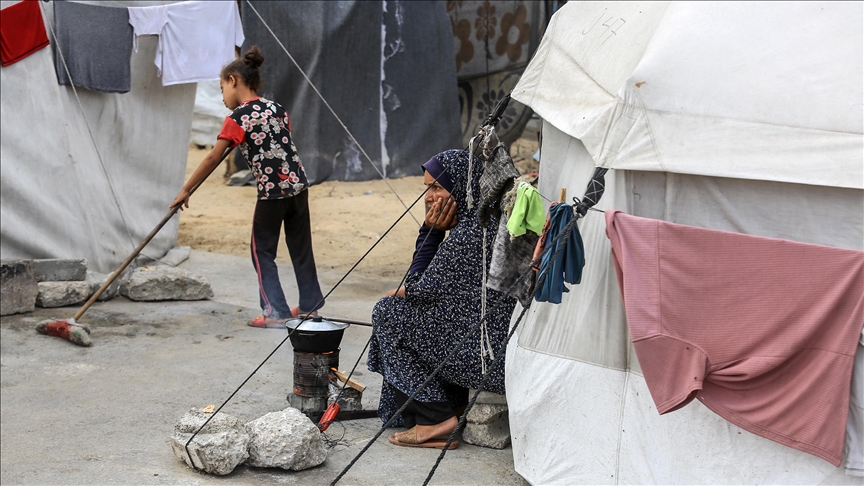The Inter-American Court of Human Rights found Venezuela responsible on Friday for failing to prevent, investigate or punish extreme violence against a young woman who was kidnaped, raped and tortured in 2001.
The ruling sets a much-anticipated legal precedent and could have implications for victims and survivors worldwide.
The case centres on the abduction, rape and torture of Linda Loaiza Lopez Soto, who was 18 years old at the time.
After being rescued three months after the kidnapping, Lopez had to undergo multiple surgeries for her injuries and disfigurement. She then faced a David-and-Goliath-like quest for justice against her well-connected abductor.
Months of re-victimising proceedings ended in a conviction of her assailant on lesser counts. This prompted her to seek justice elsewhere. She studied law and took her case to the Inter-American Court of Human Rights. Fewer than one in 100 petitions ever reach this international tribunal, and this was the first time Venezuela was before the Court for gender-based violence.
In its decision on Friday, the court held Venezuela responsible, "because of its gross omissions", for the torture and the sexual slavery Lopez suffered, as well as for preventing her access to justice.
"Today I can tell the women of Venezuela and Latin America that have not been able to obtain justice for the violations of their rights within their countries that a reparation is obtainable," said Lopez. "This is positive jurisprudence that can be used to protect the human rights of women across Latin America and around the world."
The court ordered Venezuela to revisit the criminal case, pay Lopez and her family compensation, and provide for her lifelong medical and psychological care. The ruling also asked Venezuela to finance any further post-secondary studies for Linda and her siblings, whether in Venezuela or abroad.
The ruling equally ordered Venezuela to acknowledge its responsibility in a public act of recognition and establish prevention mechanisms to prevent such cases from recurring. This includes a curriculum on gender-based violence and discrimination, to be incorporated into the national education system at all levels, which will explicitly bear the name "Linda Loaiza".









